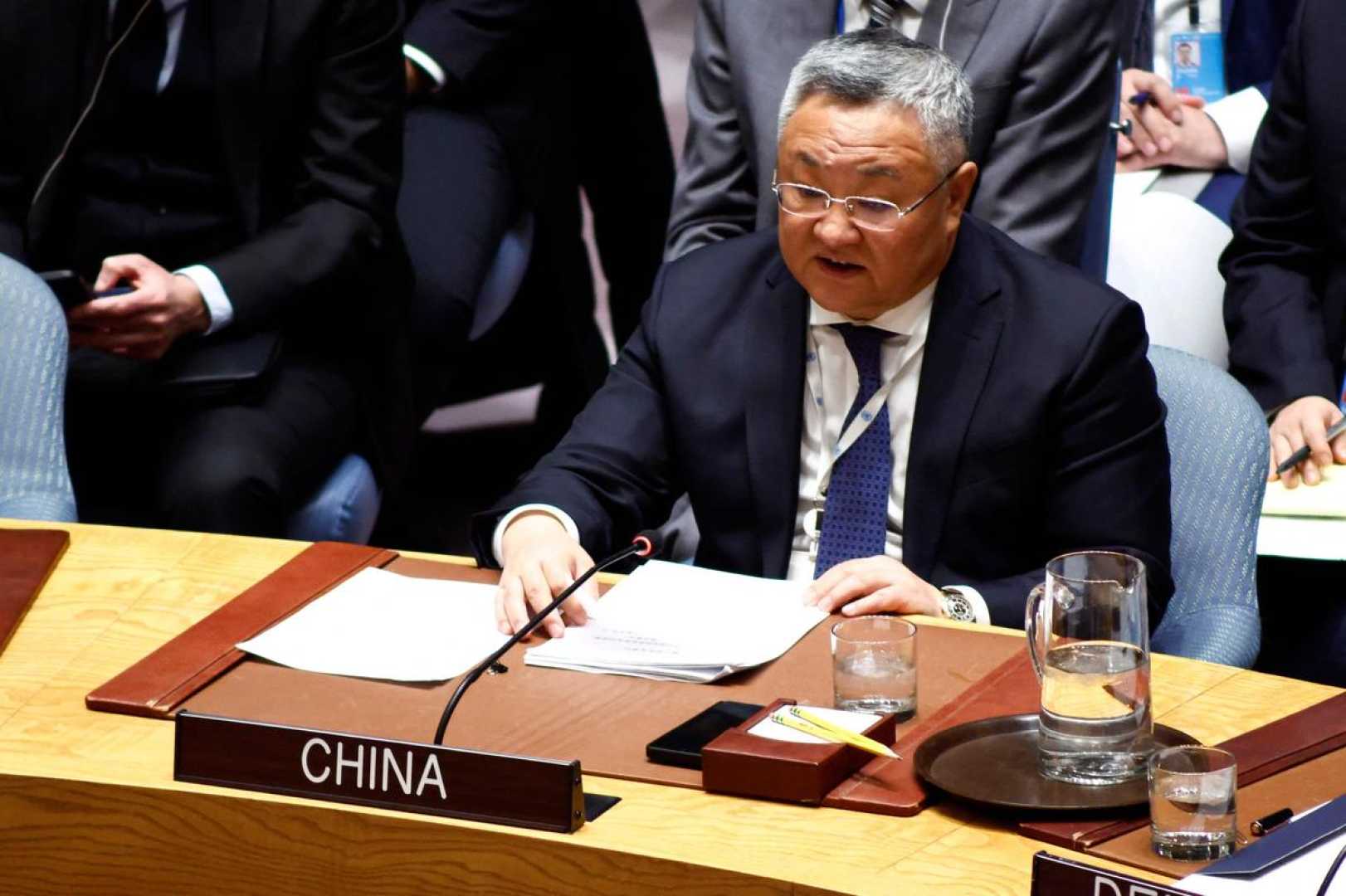World
China Escalates Dispute with Japan Over Taiwan at United Nations

BEIJING, China – China has intensified its dispute with Japan by taking the matter to the United Nations. The country accused Tokyo of threatening military action over Taiwan and pledged to assert its defensive rights. This development comes amid a two-week diplomatic crisis.
In a letter sent on November 21 to U.N. Secretary-General Antonio Guterres, Chinese U.N. Ambassador Fu Cong criticized Japanese Prime Minister Sanae Takaichi. He claimed her comments regarding a hypothetical Chinese attack on Taiwan constituted “a grave violation of international law” and diplomatic norms.
Fu stated, “If Japan dares to attempt an armed intervention in the cross-Strait situation, it would be an act of aggression.” He assured that China would firmly defend its sovereignty and territorial integrity, invoking its right to self-defense under the U.N. Charter.
China considers Taiwan, which has its own democratic government, to be its territory and has not dismissed the use of force to assert control over the island. Conversely, Taiwan maintains that only its people can determine their future.
Takaichi’s earlier comments in parliament on November 7, which suggested that a Chinese attack on Taiwan could pose a threat to Japan’s survival, have escalated tensions. The remarks triggered a swift backlash from China, impacting bilateral trade and prompting cultural events, like Japanese concerts in China, to be abruptly canceled.
Fu demanded that Japan “stop making provocations and retract its erroneous remarks,” suggesting that Takaichi’s statements openly challenge China’s core interests. he further noted that the current strain in relations comes ahead of the 80th anniversary of Japan’s defeat in World War II, a point which China has leveraged to critique Japan’s historical actions.
China cites historical declarations, such as the Potsdam and Cairo declarations, as legal bases for its claims over Taiwan, despite many nations regarding these as non-binding statements. The declarations were originally signed by the Republic of China, which retreated to Taiwan in 1949.
While Japan’s Foreign Ministry and Prime Minister’s Office had no immediate comments on Fu’s assertions, the increasing strain has implications for trade between the two countries where China is Japan’s second-largest export market.
The ongoing dispute exemplifies the charged geopolitical climate in the region, as both countries grapple with historical grievances and contemporary security concerns.












